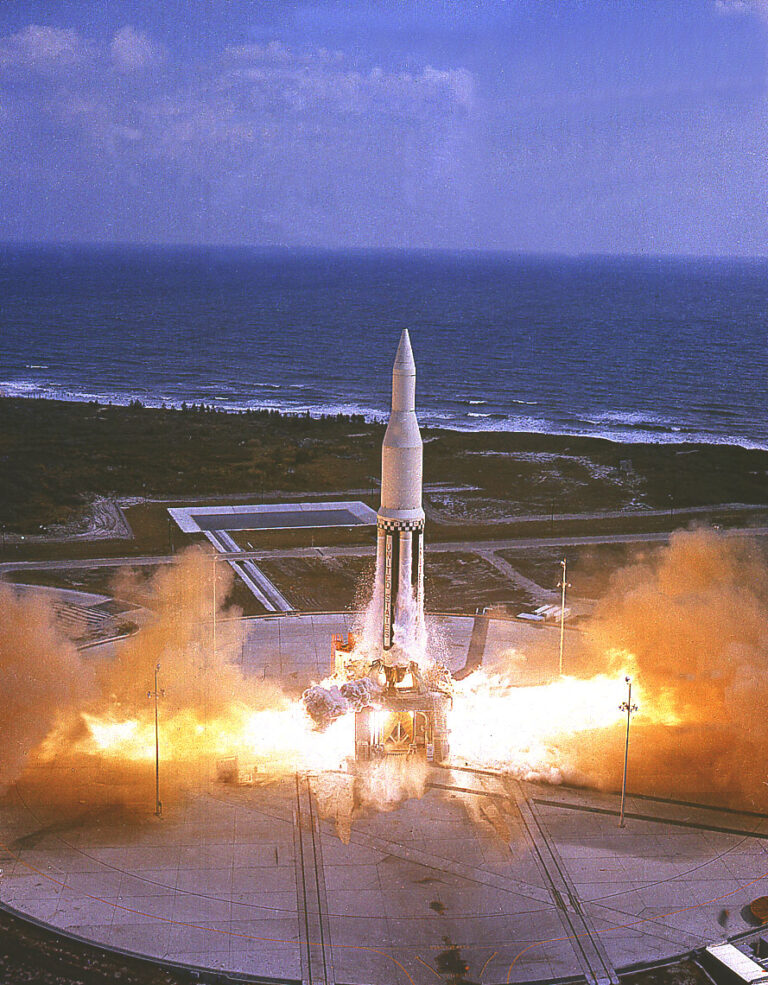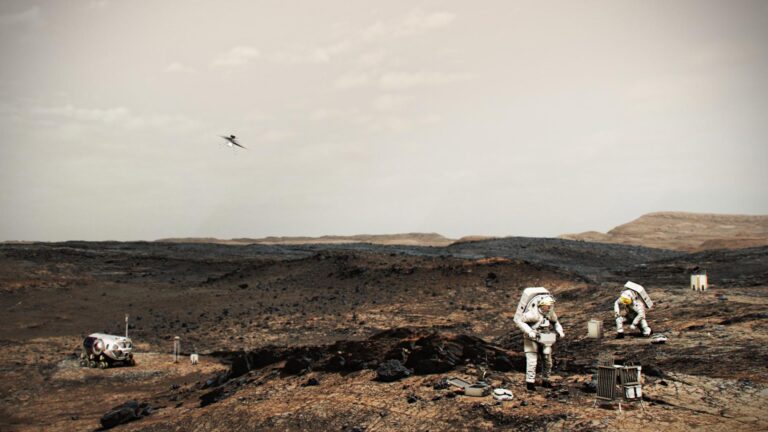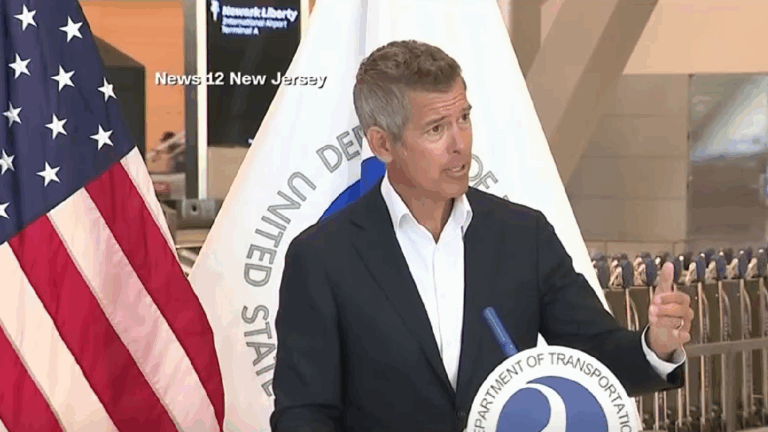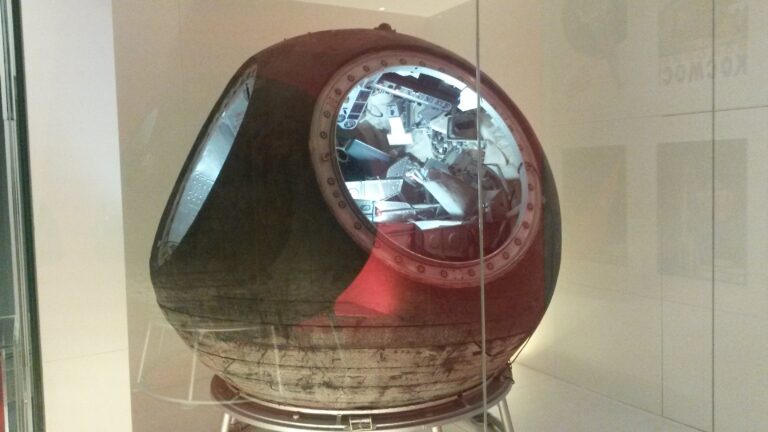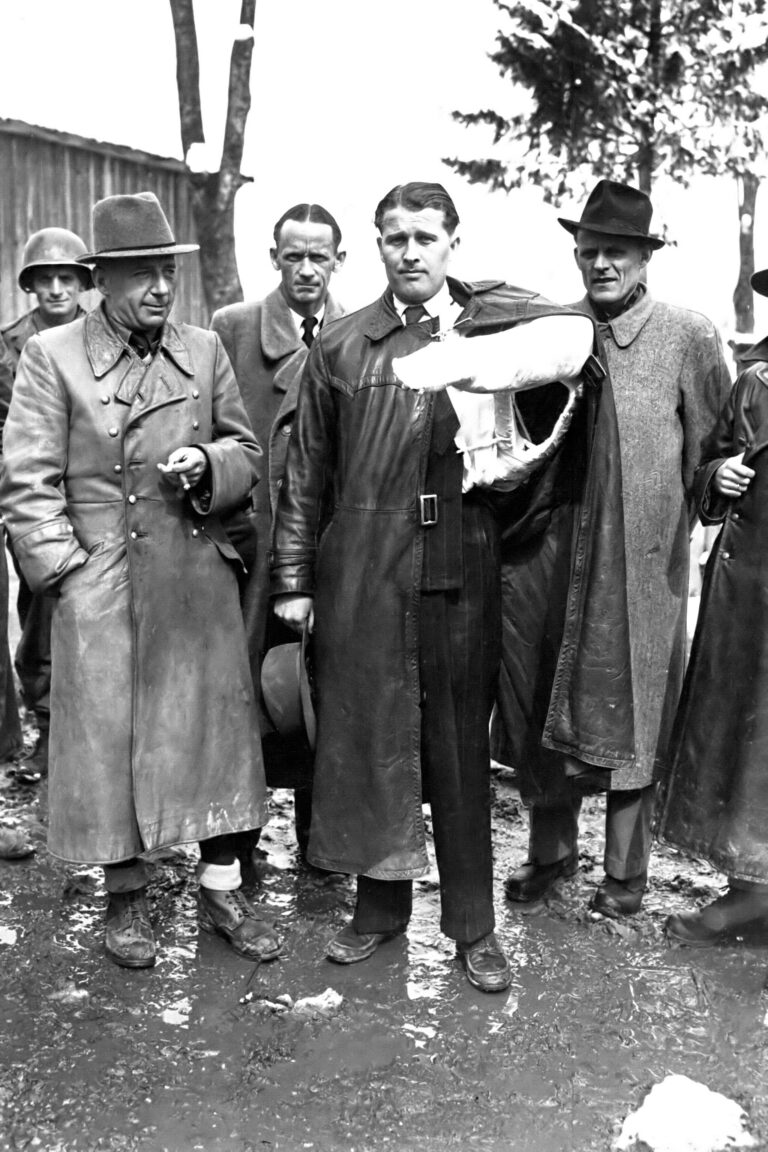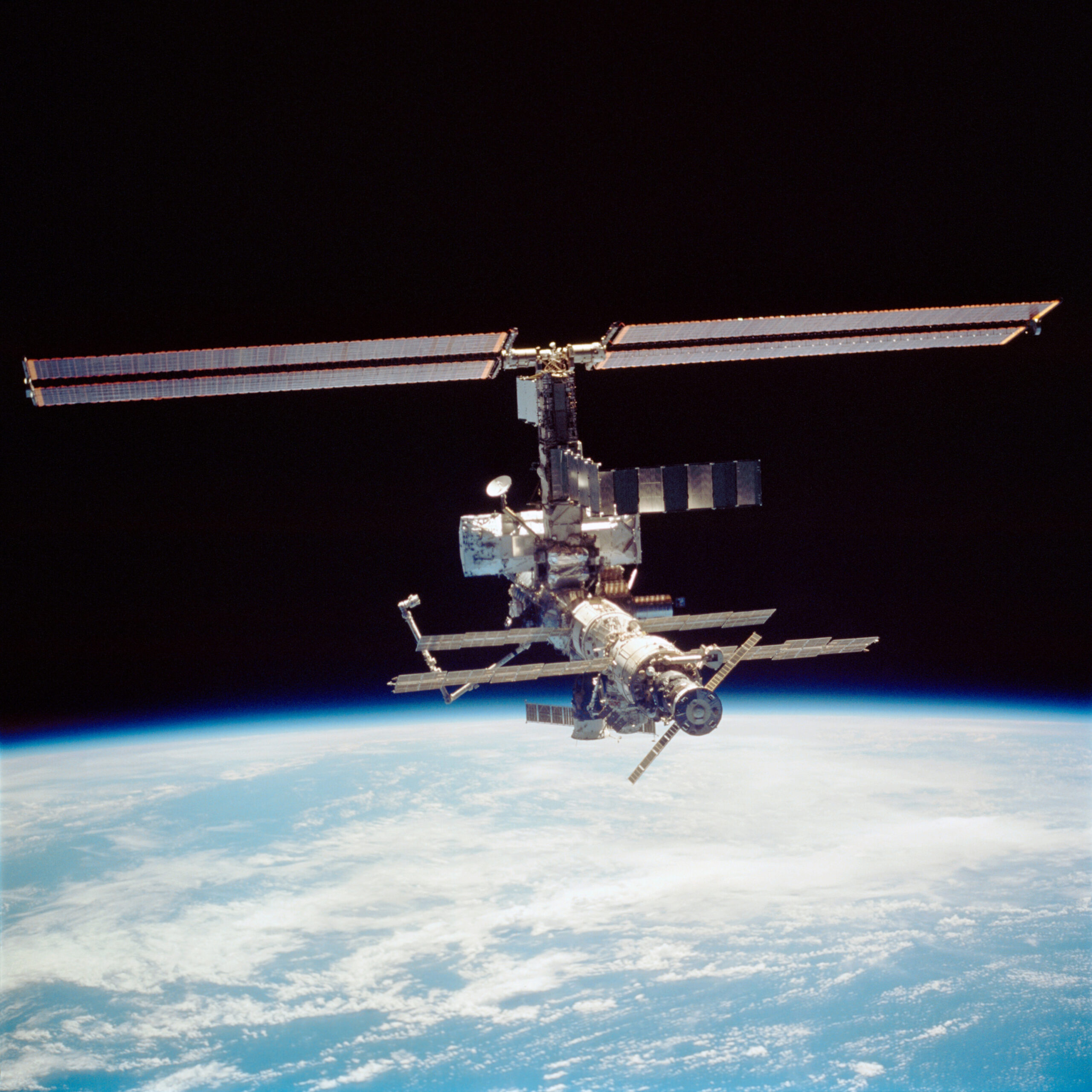
Key Takeaways:
- PBS's NOVA will present "Operation Space Station," a two-part special premiering November 5 and 12, documenting 25 years of continuous human habitation on the International Space Station (ISS) through its most challenging operational moments.
- The documentary features personal accounts from astronauts and Mission Control, blended with archival footage, to detail critical incidents including a toxic ammonia leak, a near-drowning during a spacewalk, and a software malfunction that led to uncontrolled station movement.
- The program emphasizes the monumental engineering achievements and international collaborative efforts that underpinned the ISS's construction and sustained operation, highlighting innovative problem-solving in averting numerous potential disasters.
- "Operation Space Station" also contextualizes the ISS's significant legacy as a microgravity research facility fundamental to future human spaceflight endeavors, concluding with its scheduled 2030 decommissioning and planned transition to commercial space platforms.
This month, PBS is giving viewers an inside look at the most dramatic and life-threatening moments from 25 years of continuous human presence in space. The new two-part NOVA special, Operation Space Station, premieres Wednesday, Nov. 5, at 9 p.m. EST and concludes Wednesday, Nov. 12, at 9 p.m. EST on PBS. It will also be available for streaming at pbs.org/nova, NOVA on YouTube, and the PBS app.
The thrilling two-hour documentary highlights nearly three decades of the International Space Station (ISS) through the personal stories of the astronauts, engineers, and Mission Control insiders who lived it. The special marks the 25th anniversary of continuous human habitation on the ISS and reveals some of the more harrowing events that have taken place over the years. Astronauts share their accounts of a near-drowning during a spacewalk, a toxic ammonia leak, and the moment a software glitch sent the football-field-sized station backflipping out of control at 17,000 mph (27,360 km/h).
Astronomy was lucky enough to receive a press screener of the first episode that turned out to be a nail-biting, cinematic experience — in classic NOVA style. From its opening scene, which dramatizes a dangerous ammonia leak, the film blends archival footage with intense, modern-day interviews. The result is a compelling story highlighting the daunting challenge of such an unprecedented project, along with the remarkable international cooperation that made it a reality. For anyone interested in the history of space exploration, it’s a must-see.
“What’s remarkable about the stories that Operation Space Station tells is the way they remind us that the potential for disaster is a constant companion for the astronauts and how time and again, through innovative ideas and productive collaboration, they averted disaster,” said Chris Schmidt, NOVA Co-Executive Producer, in a press release. “Over 25 years of continual habitation, not a single life was lost aboard the ISS. It’s a testament to the courage and dedication of every astronaut and engineer.”
A two-part thriller
The first episode, “High-Risk Build,” airing Nov. 5, explores the unprecedented engineering feat of constructing the station in orbit. It details the challenges faced during the process, including a dangerous toxic ammonia spray on one astronaut and the fallout from the Space Shuttle Columbia disaster, which stalled the build for years.
“Science and Survival,” airing Nov. 12, documents the unexpected emergencies after the station was complete, including astronaut Luca Parmitano’s helmet filling with water during a spacewalk and the software glitch that caused the entire station to spin out of control. This episode also looks ahead to the station’s future.
The ISS: A legacy in orbit
First launched in 1998, the ISS has been continuously occupied since Nov. 2, 2000. In that time, it has hosted over 290 individuals from 26 countries and served as a one-of-a-kind microgravity laboratory. The lessons learned from its thousands of experiments in human health, life support, and long-duration spaceflight are the foundation for humanity’s next steps, including NASA’s Artemis missions to the Moon and future voyages to Mars.
But the station’s remarkable journey is nearing its end. The ISS is scheduled to be decommissioned in 2030. NASA plans a complex, controlled deorbit, using a vehicle designed by SpaceX to safely guide the massive structure into a remote area of the South Pacific Ocean known as Point Nemo, or the “spacecraft cemetery.” This fiery reentry will clear the way for a new generation of commercial space stations, with NASA transitioning from owner to customer.
Operation Space Station is a NOVA Production by Blink Films for GBH, made in association with France Télévisions. The special is written and directed by Oscar Chan. For Blink Films, executive producers are Tom Adams and Dan Chambers. For NOVA, Caitlin Saks is the senior producer, and the executive producers are Julia Cort and Chris Schmidt.


